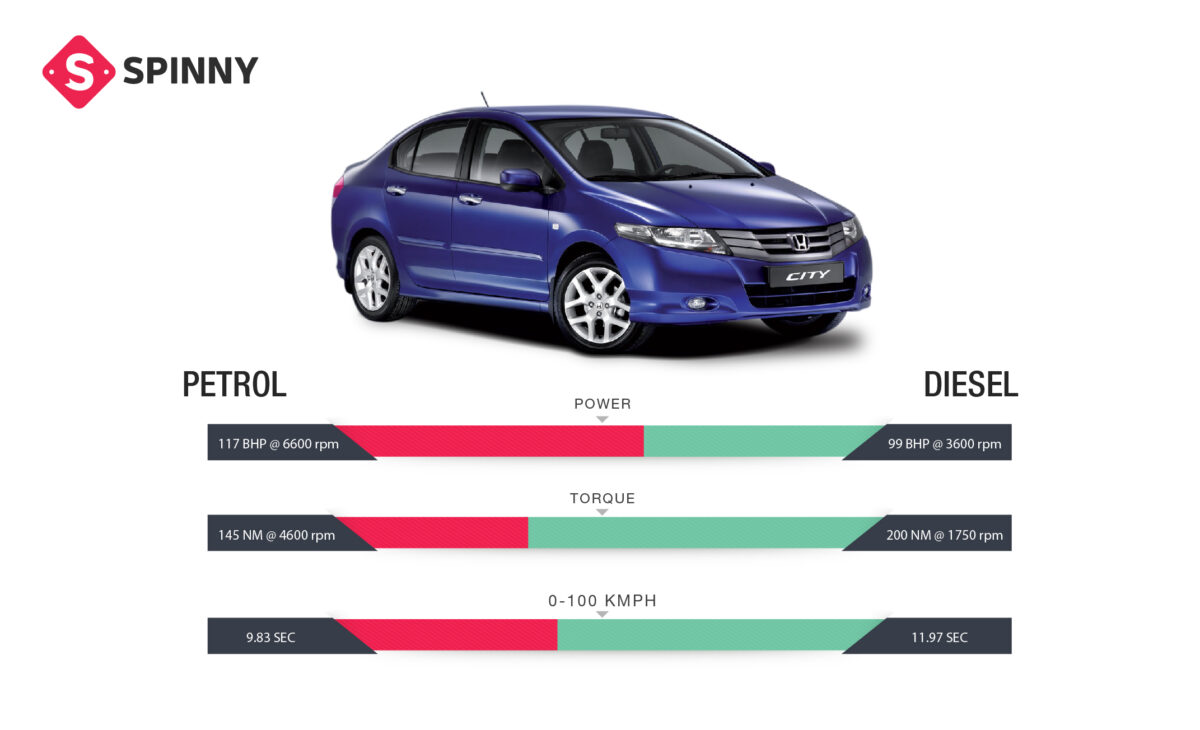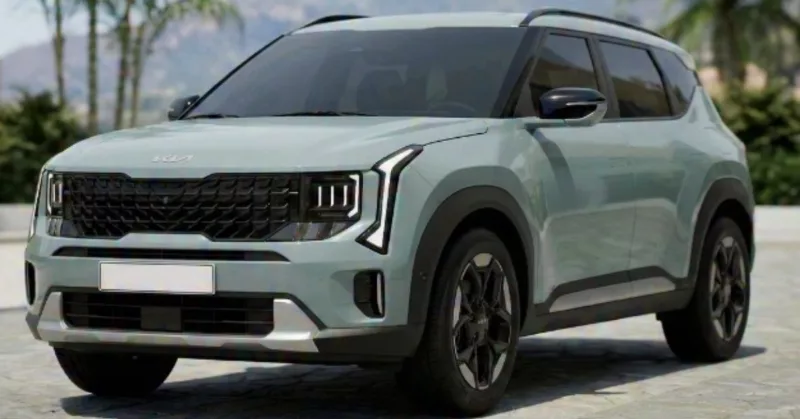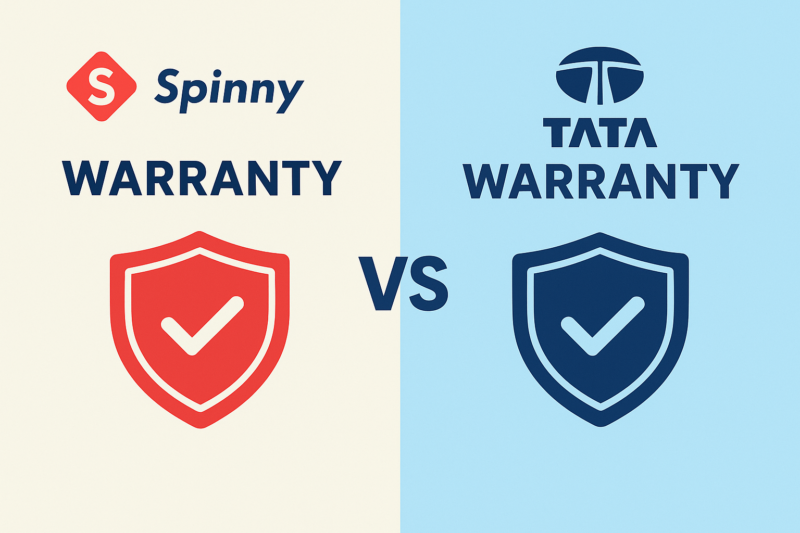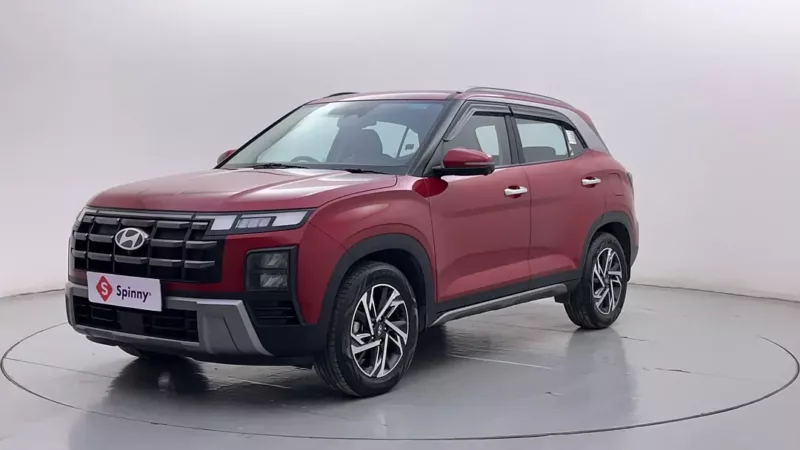We have already looked at the efficiency and cost of running of both petrol and diesel engines. While these are important for long term ownership, what about the performance and driving experience offered by petrol and diesel engines? In the debate between petrol vs diesel, we will analyze which is the better option if you are focused more on performance than efficiency.
Petrol vs Diesel: Fuel Comparison
Power in a petrol or diesel engine is very dependent on the respective fuels, which gives each of them their specific characteristics. In pure scientific terms, diesel fuel has more energy by volume than petrol (36.9 megajoules per litre vs 33.7 megajoules per litre). By its nature, petrol is a lighter fuel that evaporates into the air more readily than diesel, while diesel is a denser fuel that is not easily ignited. This is one of the reasons why petrol engines require a spark plug to ignite the fuel while diesel engines rely more on compression to combust the air-fuel mixture.
Petrol vs Diesel: Compression Ratio
Now that we have mentioned compression, it is important to understand compression ratios. Every engine has a specific compression ratio which signifies the ratio between the largest and smallest capacity of the cylinder where the air-fuel mixture is compressed. The compressed air-fuel mixture is then ignited, producing the combustion that produces the power we love. Petrol engines usually have a compression ratio of 8:1 – 9:1 while diesel engines have twice the compression ratio of 14:1 – 22:1.
The readiness of petrol to ignite translates to a petrol engine requiring lower compression ratios and instead relying on a spark plug to combust the air-fuel mixture. Diesel, on the other hand, requires the cylinder to compress the air to the point where injecting diesel fuel instantly combusts the air-fuel mixture. This is why a diesel engine has a higher compression ratio as it compresses a larger volume of air per cylinder to ensure the fuel can be used for combustion.
Petrol vs Diesel: Power Production
This has two very noticeable consequences on the performance of the car, specifically on the torque and the brake horsepower (BHP). As a consequence of a higher compression ratio (longer stroke and turbocharger), diesel engines produce more torque which means you get more acceleration off the line. However, this acceleration is short lived as diesel cars have a much smaller power band where the torque is spread over a smaller area. This gives the impression of quick initial acceleration before the engine starts building power. Turbocharging helps sustain this power for longer, as the engine’s torque tapers off just as the turbocharger spools up to feed more air to the engine.
In petrol engines, on the other hand, the power builds in relation to the revs. Therefore more usable power is available for a longer amount of time. It’s extremely satisfying chasing the needle to the red line on a petrol car, but even if you’re not going for it, it’s impossible to ignore the surplus usable power you have over a similar diesel. So if you do say words like “POWER” every time you put your foot down on the throttle, you will have a more satisfying experience driving a petrol car.
To put this into perspective, we compare the 2015 Honda City’s petrol and diesel variants against each other. Though the diesel variant has a higher torque than the petrol, it does so at a lower RPM due to which shifting is necessary sooner than that on the petrol. Thus the petrol produces more power and accelerates from 0 to 100 quicker.

In a diesel car, the maximum torque is available at lower revs, so you can change up earlier or use a higher gear at lower speeds. The low-end torque is great for carrying heavy loads, but requires frequent gear changes while driving in the city to make use of the torque. On the other hand, petrol cars require fewer gear changes in comparison as a petrol engine maintains its power for longer.
But there is no substitute for a test drive. Don’t just look at the performance and economy figures on a piece of paper. Once you drive both a petrol and diesel car, you will have a better idea about the responsiveness of the engine as well as its suitability to your driving style and needs.
Which is the more powerful engine: Diesel or Petrol?
When deciding between which engine is more powerful, you will have to look at two figures: Brake Horsepower and Torque. In very simple terms, higher horsepower translates to a higher top speed and a faster car. Conversely, a higher torque figure translates to more power.
When this is taken into consideration, diesel engines are the more powerful of the two. If you are looking to go off-roading or will be carrying heavy loads, a powerful diesel engine would provide the power you need. Petrol engines are not far behind, but when it comes to power as a metric, they lose out to diesel engines.
What is the difference between Petrol and Diesel engines?
We’ve already mentioned a few of the major differences between a petrol and diesel engine. However, there are a few more differences that you should be aware of:
- Effective RPM: Petrol engines provide power on more of the RPM band while diesel engines provide most of their power on the lower range of the RPM band.
- Fuel Efficiency: Petrol engines use more fuel to produce more power while diesel engines use more air to increase compression and burn the fuel more effectively.
- Drivability: Diesel engines provide better acceleration while petrol engines provide better top speed
- Maintenance: Due to the nature of combustion, diesel engines have a higher maintenance cost as compared to petrol engines.
Confused whether the premium paid for that diesel car will pay off or not? Read here to find out: Petrol vs Diesel: Efficiency and Cost of Running Compared.




